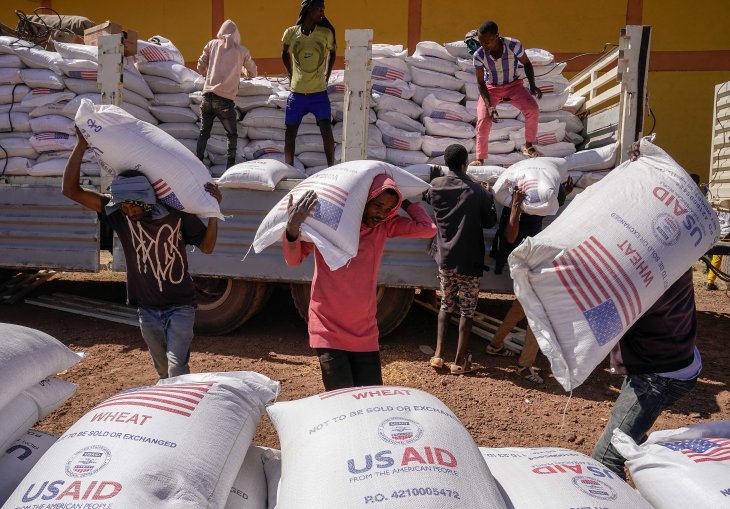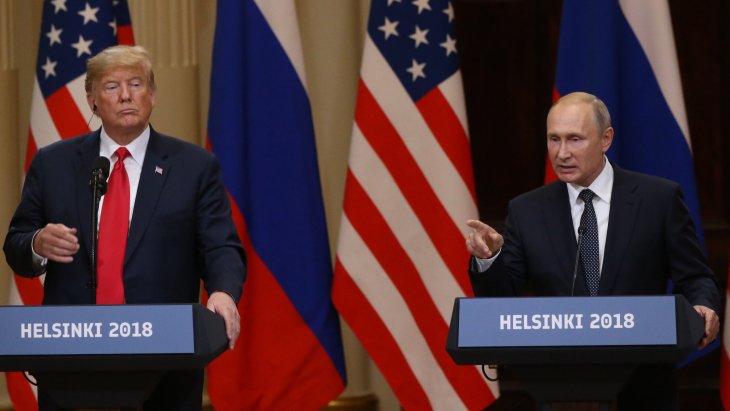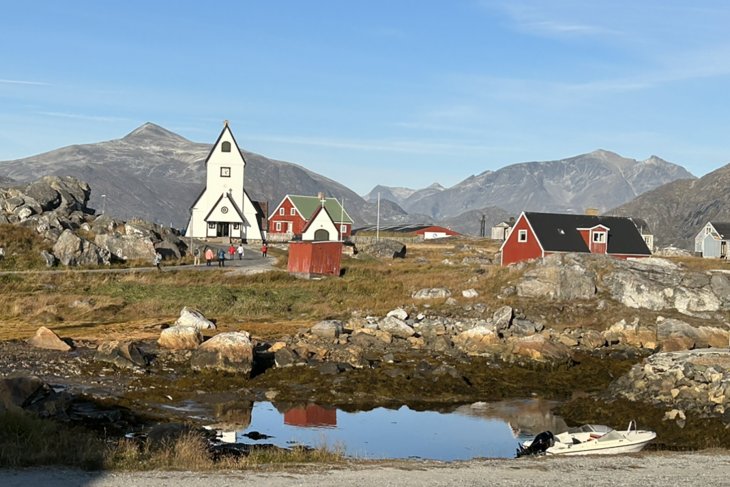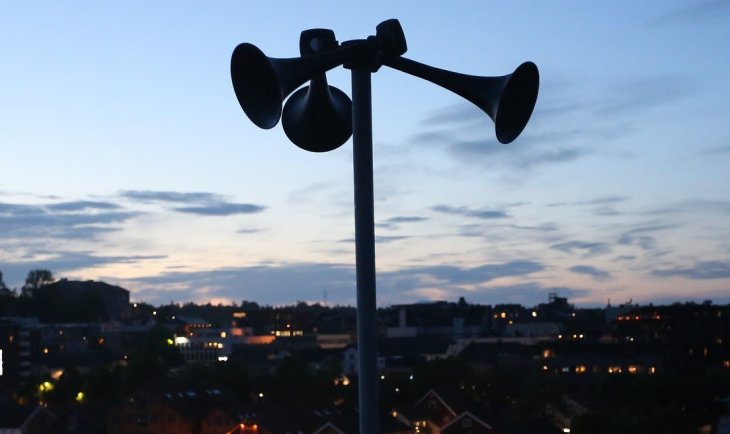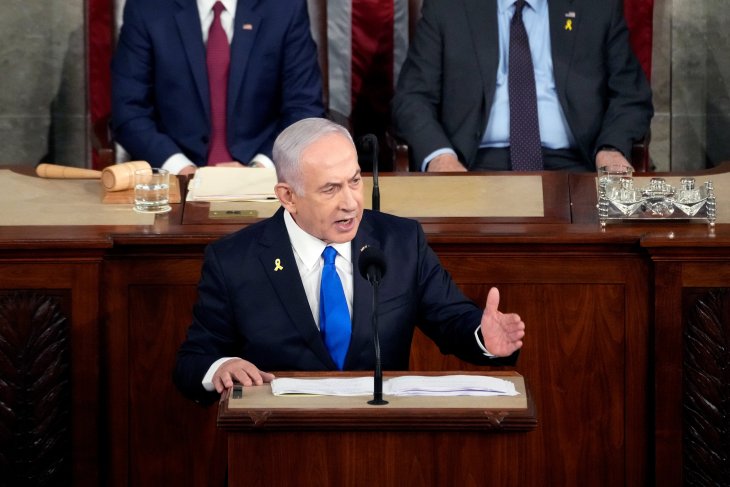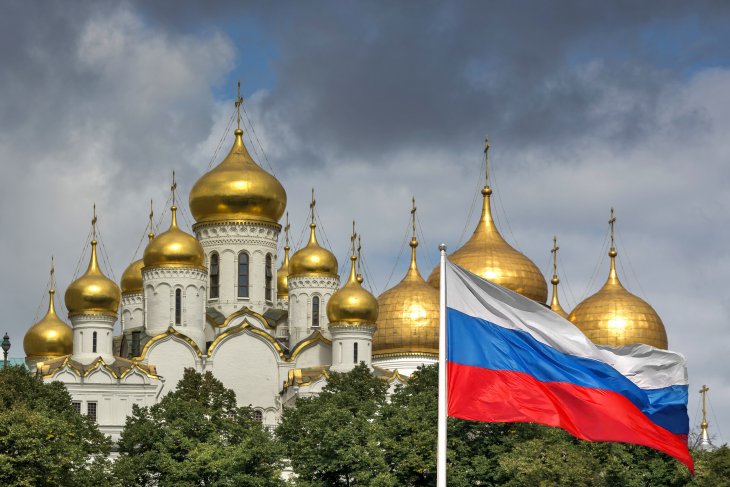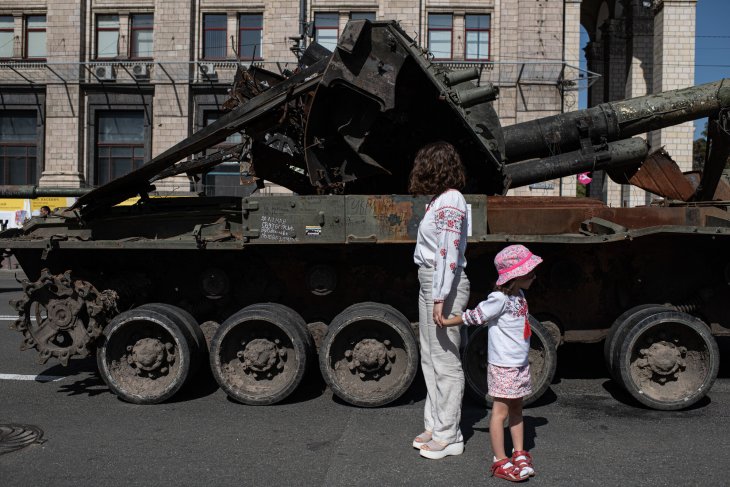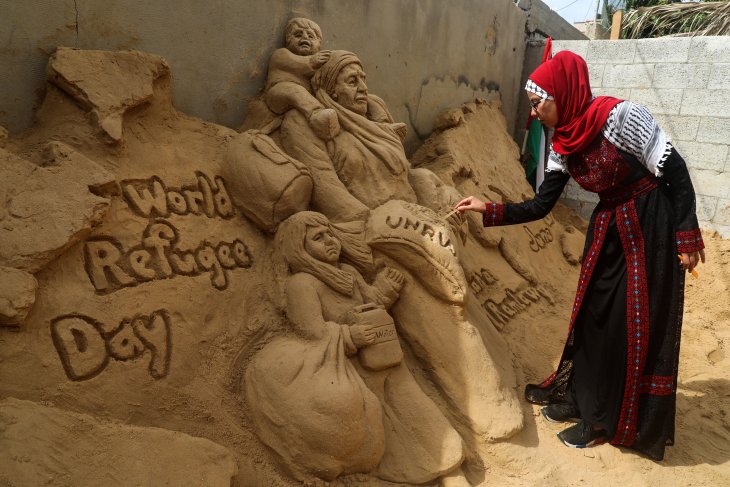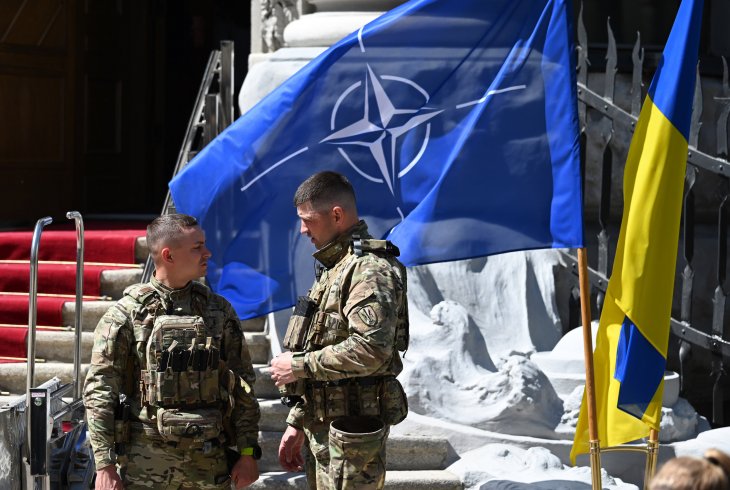The first week of the “Golden Age” of U.S. policy announced by President Donald Trump registered a stream of messages from the White House on the need to bring the war in Ukraine to an end (White House, January 20).
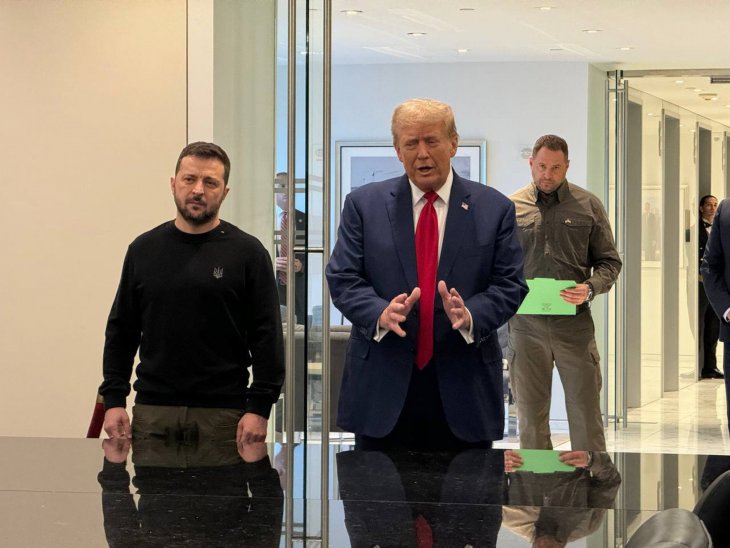
Volodymyr Zelenskyi and Donald Trump in September 2024. Photo: Uliana Boichuk/Novyny LIVE/Global Images Ukraine via Getty Images
The Kremlin duly responded with signals of readiness to discuss all matters of mutual interest, taking into account the “current realities” (RIA Novosti, January 24).Read More
